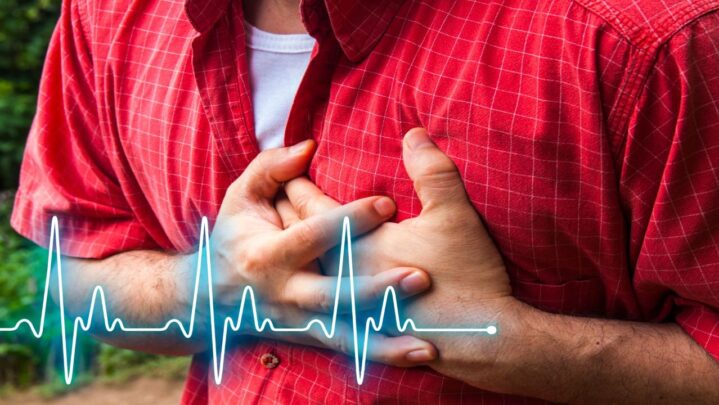Angina is a condition that causes heaviness, pressure, squeezing tightness, or pain in the chest. It is also known as angina pectoris. It occurs because of less oxygen supply to the heart.
When fatty substances start building up in the arteries, they block the blood flow to the heart muscles. In such cases, the heart functions with less oxygen and results in pain or tightness.
Angina is not a disease, instead, it is a symptom of coronary artery disease. It might not be life-threatening but it is a symptom of a heart attack or heart disease.
Symptoms:
The symptoms of angina are as follows:
- Chest pain or discomfort (it can feel like pressure, squeezing, burning, or fullness.)
- Neck and jaw pain
- Back or shoulder pain
- Pain in arms
- Dizziness
- Nausea
- Sweating
- Fatigue
- Shortness of breath
Treatment:
Angina treatment depends on the damage that has been caused to your heart. Mild angina can be treated with medicines and changes in lifestyle which improves the blood flow and controls the symptoms.
If the medicine is not enough then surgery is needed to open the blocked arteries. This includes angioplasty or stenting and coronary artery bypass grafting or surgical bypass.
The enhanced external counter compulsion also helps to relieve angina.
Prevention:
Angina can be prevented by making some changes in the lifestyle. It may help you to improve the symptoms if you have angina.
- Quit smoking to stay away from angina.
- Keep a tab on your health conditions such as high blood pressure, diabetes, and high cholesterol.
- It is essential to maintain a proper diet and healthy weight.
- Work on lowering your stress levels.
- After your doctor says that the symptoms of angina have normalized, make sure to part-take in various physical activities.
- Ensure to get an annual flu shot every year to avoid any complications or infections from viruses.
- Reduce your alcohol consumption.
Keep reading SuccesYeti.com
Also Read: What Is Angina: Types And Causes





